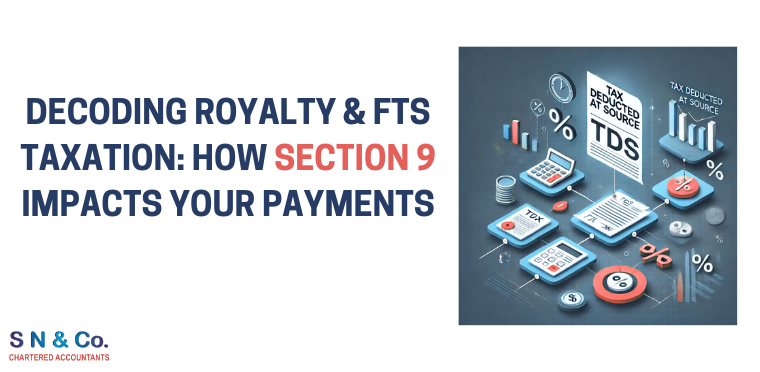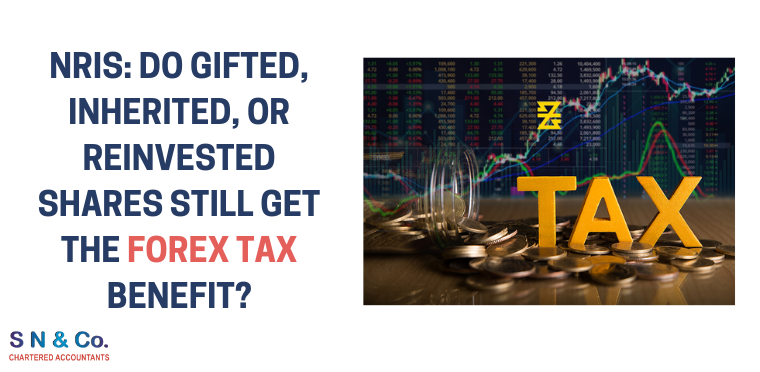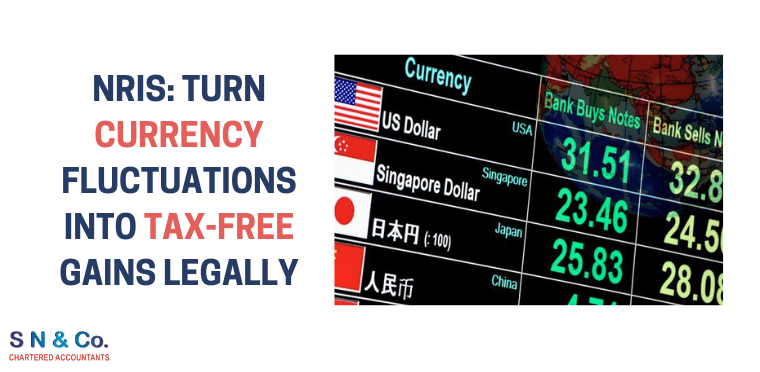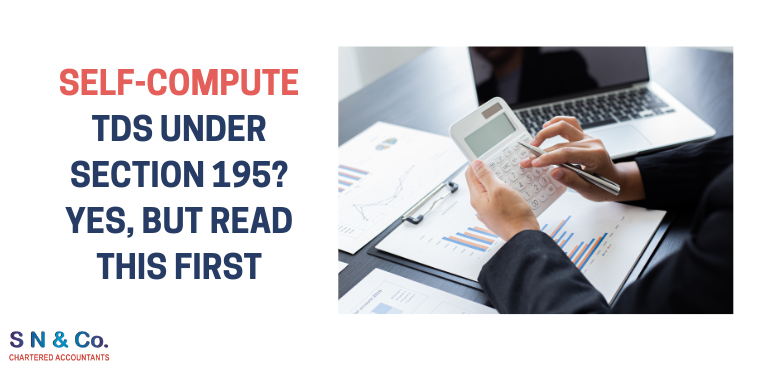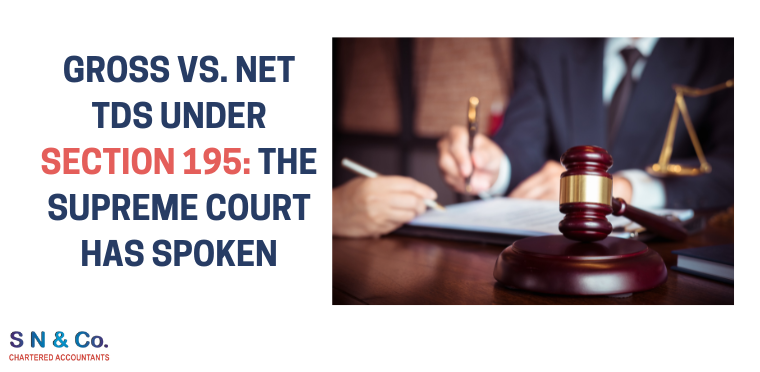Introduction
The taxation of payments made to non-residents for royalty or fees for technical services (FTS) is a critical aspect of Indian tax law. These classifications determine TDS applicability, DTAA benefits, and compliance requirements. Section 9(1) of the Income-tax Act, 1961, defines royalty and FTS, forming the basis for determining taxability.
This article breaks down these provisions, using case laws, practical examples, and real-world scenarios to help businesses navigate their tax obligations effectively.
Definitions Under Section 9(1)
Royalty [Section 9(1)(vi)]
Royalty includes payments for:
- The use of or the right to use:
- Patents, trademarks, copyrights, or intellectual property.
- Computer software, including off-the-shelf software.
- Equipment and know-how.
- Transfer of rights to reproduce intellectual property.
Fees for Technical Services (FTS) [Section 9(1)(vii)]
FTS covers payments for:
- Managerial, technical, or consultancy services.
- Services that transfer technical knowledge, experience, or skill, enabling the payer to use them independently.
- The “make available” clause plays a key role in determining whether FTS is taxable.
Classification of Payments: Taxable vs. Non-Taxable Scenarios
| Payment Type | Taxable? | Reason |
| Software license (user rights only) | Yes (Royalty) | Payment for use of copyright under Section 9(1)(vi). |
| Database access without customization | No | No transfer of IP rights or technical services involved. |
| Customized training with reusable skills | Yes (FTS) | Makes technical knowledge available to the payer. |
| General consultancy with no knowledge transfer | No | Does not meet the “make available” criteria. |
Case Study: Non-Taxable FTS – Engineering Analysis Centre of Excellence Pvt. Ltd. v. CIT (2021)
Facts:
- Indian end-users and distributors paid non-resident software manufacturers for imported software.
- The Assessing Officer (AO) classified these payments as royalty, making them taxable in India and subject to TDS under Section 195.
- The assessee argued that these payments were merely for purchasing software (goods) and did not involve copyright usage.
Key Issues:
- Do payments to non-resident software manufacturers qualify as royalty under Article 12 of the DTAA?
- Are such payments subject to TDS under Section 195?
Judgment:
- The Supreme Court ruled that payments for imported software do not constitute royalty, as they only grant the right to use software, not the copyright itself.
- Such transactions are treated as the purchase of goods and are not taxable under the DTAA or Income Tax Act.
- No TDS is required under Section 195, as the payments are not taxable in India.
The “Make Available” Clause in DTAA
The “make available” clause plays a crucial role in determining the taxability of FTS payments. If technical knowledge or skill is transferred in a way that allows the payer to use it independently, the payment qualifies as FTS. If not, it is exempt.
Case Scenario: FTS vs. Non-FTS
- Taxable FTS: Customized IT solutions where the provider trains the payer to operate and maintain the system independently.
- Non-Taxable FTS: General IT advice or troubleshooting without imparting technical know-how.
Conclusion
Understanding the distinction between royalty and fees for technical services is essential for businesses to ensure compliance with Section 9(1). Proper classification helps in avoiding disputes, penalties, and optimizing TDS obligations.
💡 Need assistance with TDS compliance on foreign remittances? Connect with our experts today!


